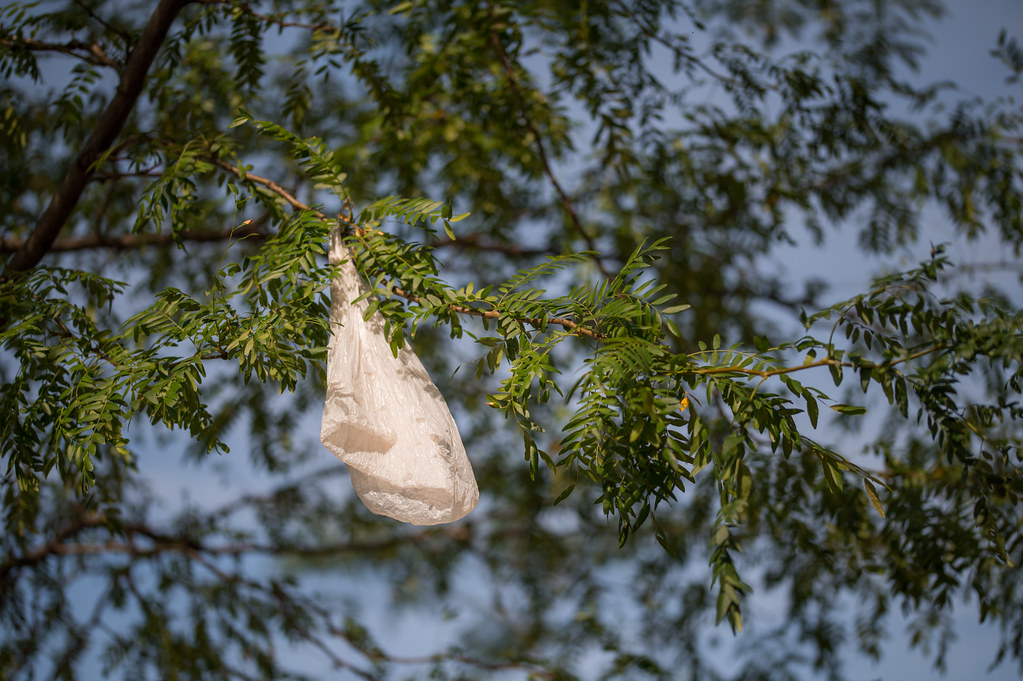
Insightful NYRB review of two new books about life in a slower economy. It’s NOT that things will necessarily be so much worse when we are spending less, driving less, burning less – they won’t be worse. It’s just the transition to consuming less itself we consider to be so painful as to be unthinkable. We’re such babies:
Generations of economists, meanwhile, have insisted on the goodness of economic growth and warned that any significant drop in consumption would vaporize jobs, leaving millions if not billions of people without a means of supporting themselves or their families. (Margaret Thatcher’s well-known phrase “There is no alternative,” sometimes shortened to TINA, refers to the assumed necessity of perpetual growth.) The resulting dilemma, as MacKinnon puts it, is that “we must stop shopping, and yet we can’t stop shopping.”
Rather than dismiss this conundrum, MacKinnon seeks to complicate it. Whose jobs would be lost, and for how long? How could societies and their economies adapt, and what could they gain in the process? How would other species react to quieter, less polluted habitats? To begin to answer these questions, he proposes a thought experiment to economists, entrepreneurs, and others: Say that on a single day not long from now, consumer spending falls 25 percent. What next? Predictions in hand, MacKinnon seeks real-world equivalents, finding disparate places and times where conditions similar to those of his thought experiment have already come to pass.
This approach, which might be called speculative journalism, was memorably employed by Alan Weisman in his 2008 book The World Without Us, which MacKinnon credits in his acknowledgments. To conjure a planet precipitously vacated by humans, Weisman interviewed architects, engineers, ecologists, and others qualified to forecast the fates of abandoned cities, farms, and forests. He then visited deliberately unpeopled places, such as the Korean Demilitarized Zone and the United Nations–controlled buffer zone between the Turkish and Greek sides of the island of Cyprus. In a kind of reverse archaeology, both Weisman and MacKinnon assemble shards of past and present into plausible futures. The most obvious difference between their thought experiments is that MacKinnon’s became all too concrete: when he was midway through his research, pandemic shutdowns upended the world economy, and the effects of his imagined fall in spending were inflicted on real people in real time.
The Day the World Stops Shopping is neither an economic treatise nor a detailed policy proposal, though it draws on both as sources. It is an enjoyably idiosyncratic tour led by a perceptive, empathetic guide. It assumes that any significant, lasting reduction in consumption will result from accidents and innovations, brought about not by individual households but by loosely coordinated communities, nations, and regions. In this sense, it is both more realistic and more persuasive than any technical argument, for it makes it possible to imagine not only one alternative to endless growth but many.
Lots of important points here, brought us by people who are smarter.
